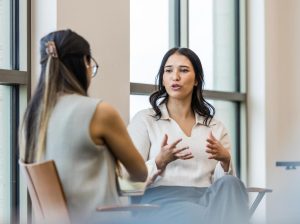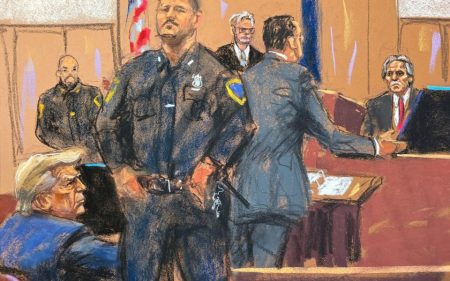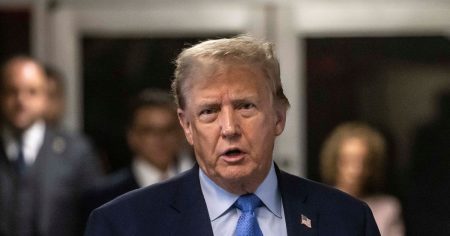Chancellor Olaf Scholz of Germany recently visited China to promote business ties between the two countries. During his trip, Mr. Scholz met with top Chinese leaders, including Xi Jinping and Premier Li Qiang, to discuss economic relations between Germany and China. The visit comes at a time when tensions are rising due to China’s support for Russia in the war in Ukraine and its trade practices in Europe. Germany adopted a strategy last year that defined China as a partner, competitor, and rival, signaling a shift towards reducing reliance on Chinese goods.
Germany’s economy shrank last year, revealing vulnerabilities that stem from its dependence on China for economic growth. The war in Ukraine has led to increased energy prices, supported by Beijing, putting pressure on German companies. During his trip, Mr. Scholz emphasized the importance of fair competition and a level playing field for German companies operating in China. With over 5,000 German companies active in the Chinese market, maintaining a relationship with China is crucial for Germany’s economic success.
China’s manufacturing push in green sectors like electric cars and solar panels has led to trade disputes with Europe and the United States. Mr. Scholz raised concerns about China’s support for Moscow’s wartime economy and its sale of military-related goods to Russia. Chinese officials have dismissed accusations of unfair trading practices, calling them protectionist. They have hinted at potential retaliation if the European Union takes actions against China. Germany, with its strong presence in China, has a vested interest in preventing a trade war that could harm German businesses.
Chinese officials are eager to foster strong economic ties with Germany, seeing it as a key ally in avoiding trade restrictions from Europe. Germany’s carmakers, including BMW and Mercedes-Benz, have significant investments in China and rely on the Chinese market for a substantial portion of their revenue. Some Western businesses are concerned about operating in China due to national security measures introduced by President Xi Jinping. The Chinese government is looking to attract foreign investment to boost its economy, which has been affected by a housing slowdown.
Mr. Scholz’s visit was aimed at balancing Germany’s economic ties with China while addressing concerns about unfair competition and China’s support for Russia. German companies are heavily invested in China and have a strong influence on political decision-making in Berlin. Chinese officials have expressed dissatisfaction with the European Union’s investigations into China’s trade practices and have defended their approach as based on innovation rather than subsidies. Beijing has made efforts to show support for Chinese companies and push back against accusations of dumping goods on global markets.
Germany faces the challenge of maintaining its economic relationship with China while addressing concerns about unfair competition and trade practices. The delicate dance between economic interests and geopolitical pressures is evident in Mr. Scholz’s visit to China. The outcome of this trip will shape future relations between Germany and China, as well as their impact on the global economy. The tension between economic cooperation and fair competition remains a key issue for both countries to address in order to promote sustainable growth and mutually beneficial trade relations.















